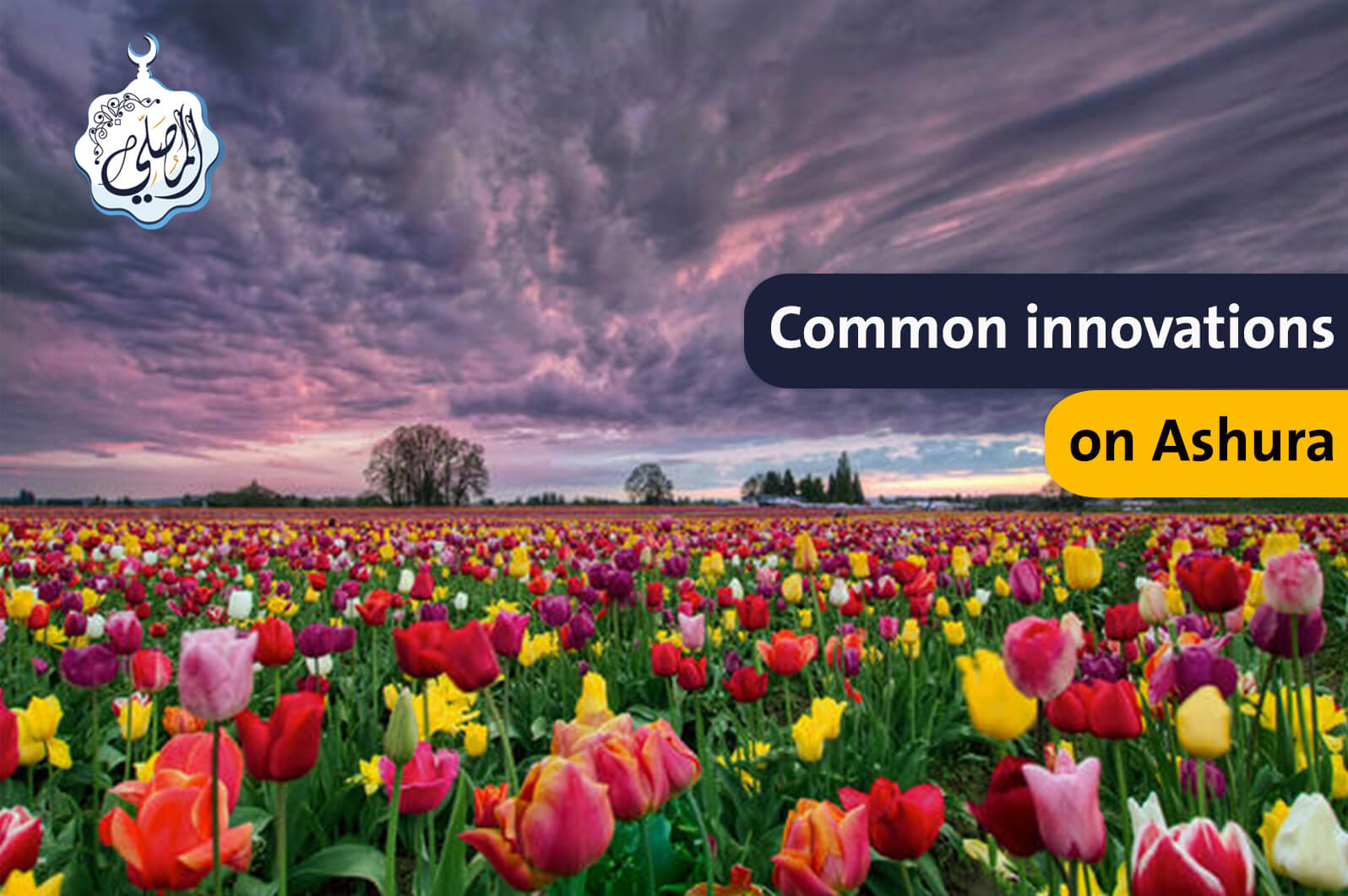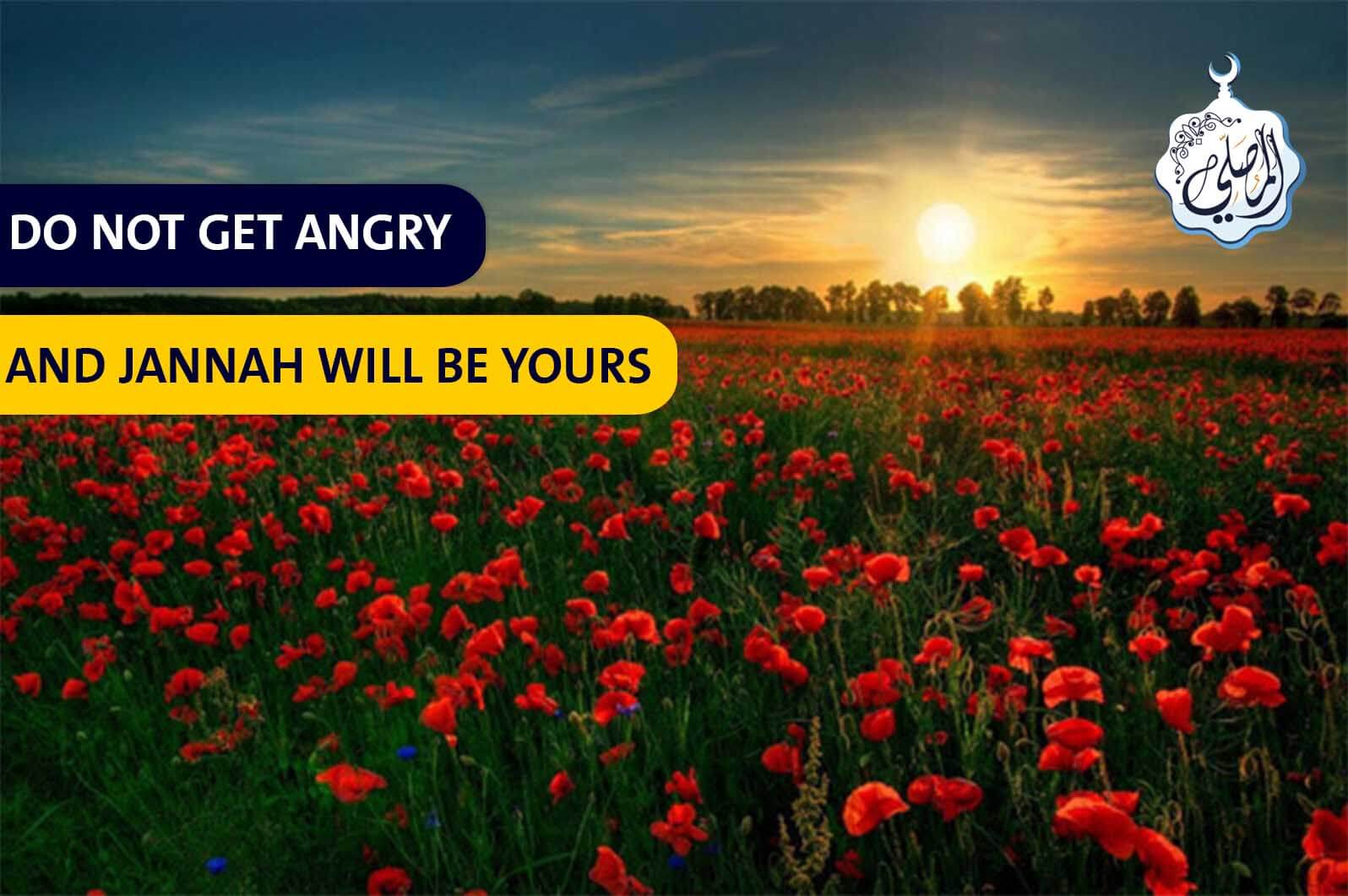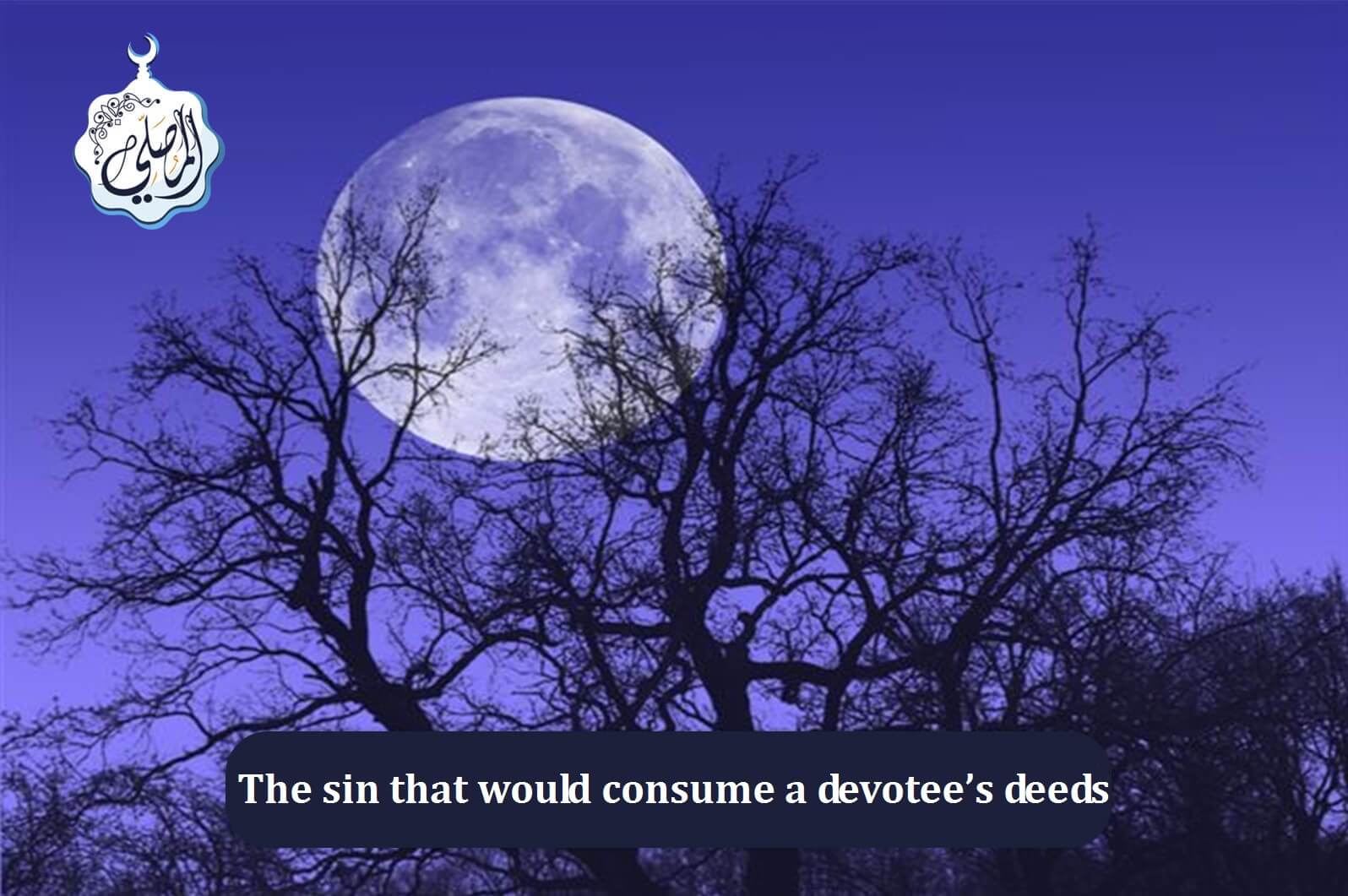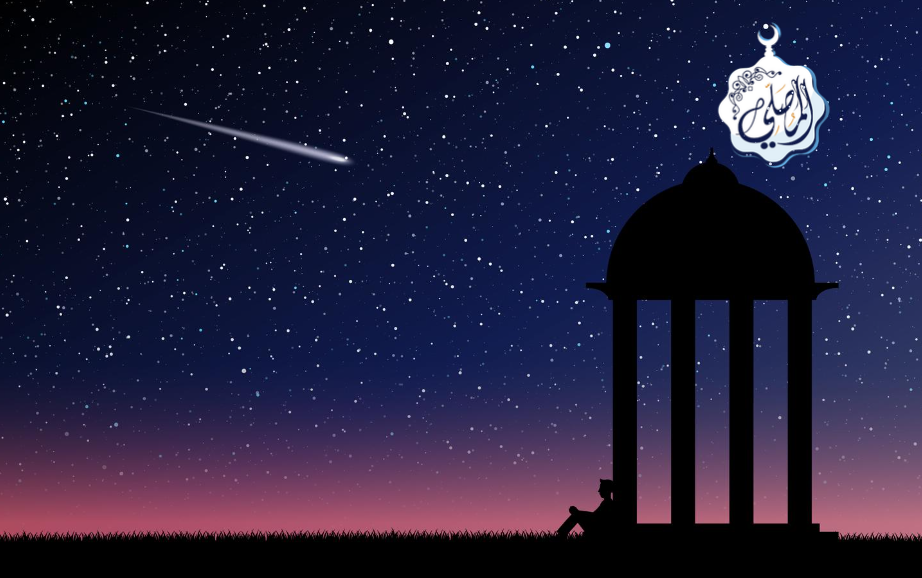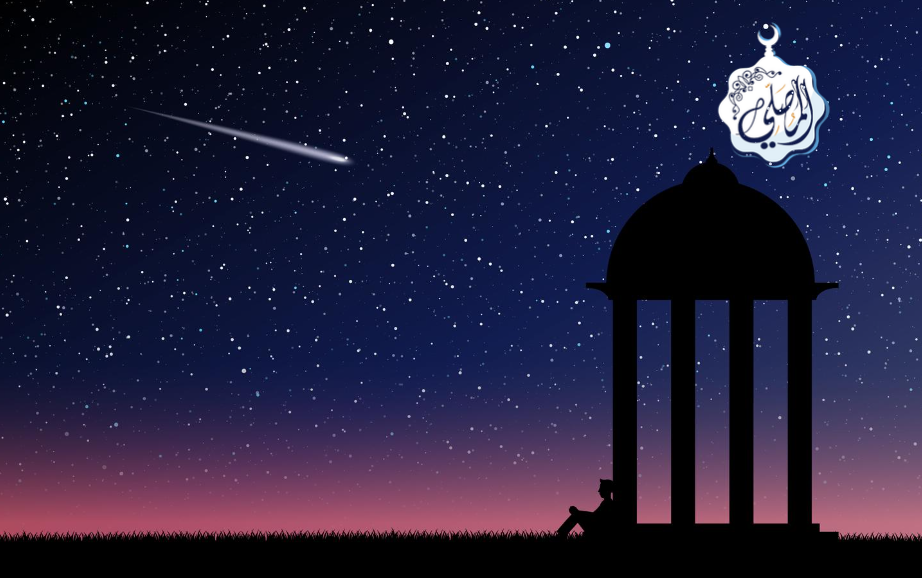
In a majestic evening, a total lunar eclipse is expected on Sunday, September 7, 2025 CE. The world will witness a clear, total lunar eclipse as the full moon's light disappears behind Earth's shadow, causing the moon to take on a coppery-red hue. The total phase of the eclipse will last approximately 82-83 minutes, from 20:30 to 21:52 Umm al-Qura time.
The face of the bright full moon will turn dark, a divine sign for the believer that inspires awe in hearts and serves as a reminder of the Resurrection (al-Nushoor). It is not an occasion for frivolity nor for superstitious beliefs related to death or anyone's birth.
The Eclipse Prayer (Salat al-Khusuf)
During such momentous occasions, Muslims are encouraged to revive the great prophetic tradition of the Eclipse Prayer (Salat al-Khusuf, also referred to as Salat al-Kusuf). It is a moment for humility, turning back to Allah, seeking forgiveness, and repentance.
Visibility Locations
The lunar eclipse will be clearly visible in most Arab and Islamic countries, including Saudi Arabia, Egypt, Jordan, Iraq, Turkey, and the UAE.
People can easily observe it with the naked eye, and the phenomenon will mostly appear in a dark red color.
Stages of the 2025 Lunar Eclipse
The eclipse's peak (maximum redness of the moon) will be at approximately 18:11 UTC. During the total eclipse phase, the moon's light will turn a blood-red color (because Earth's atmosphere scatters blue light and reflects red light onto it). Scientific sources have described this as a "Blood Moon," and it will be a clear sight in the sky if clouds do not obstruct the view.
Based on astronomical calculations (and as clarified by NASA), the total coverage period will be about 1 hour and 22 minutes.
The following table shows the eclipse timings according to Makkah al-Mukarramah time (UTC+3) and the time in some Arab and Islamic countries:
Phase Makkah - Egypt - Amman, Jordan - Morocco - Algeria - Iraq - Turkey (UTC+3) Islamabad, Pakistan (UTC+5) Jakarta, Indonesia (UTC+7)
Partial Eclipse Begins 19:26 21:26 23:26
Peak Eclipse / Total Eclipse Begins 20:30 22:30 00:30+ (8 Sep)
Partial Eclipse Ends 22:56 00:56+ (8 Sep) 02:56+ (8 Sep)
The Timing of Eclipses Between Scholars of Sharia and Astronomy
Knowledge of the timing of solar and lunar eclipses is not part of the unseen (al-ghayb); rather, it is based on precise calculations of the movement of the sun and moon, in the same way that seasons, constellations, and orbits are calculated.
Shaykh al-Islam Ibn Taymiyyah (may Allah have mercy on him) mentioned that solar and lunar eclipses have predetermined times, just like night and day and the sighting of the new crescent have known times, and they are not from the knowledge of the unseen.
He said: "Allah has made it customary that the sun is only eclipsed at the time of the conjunction (al-istisrar) and the moon is only eclipsed at the time of the full moon (al-ibdar). The time of its full moon is the white nights (al-layali al-beed) when it is recommended to fast their days: the nights of the 13th, 14th, and 15th. So the moon is only eclipsed on these nights. And the crescent disappears at the end of the month: for either one or two nights, just as it disappears on the night of the 29th and 30th. The sun is only eclipsed at the time of its disappearance. The sun and moon have customary nights; whoever knows them knows about eclipses... If the reports of the astronomers are consistent on this, they hardly err. Nevertheless, no Islamic legal ruling is based on their report, for the eclipse prayer is only performed when we witness it." [See Majmu' al-Fatawa (24/262:254)]
He also said: "There is no solar eclipse except on the 28th or 29th (of the lunar month), and no lunar eclipse except at the time of the full moon (ibdar al-qamar)." [Al-Fatawa al-Kubra (5/358)]
Dr. Taha Rabih, head of the Egyptian National Research Institute of Astronomy and Geophysics, stated:
"The lunar eclipse occurs in the middle of the lunar month when the moon is full and in opposition to the sun, making it a natural indicator for verifying the beginnings of lunar or Hijri months." Source: Al-Youm Al-Sabea
Excellent Benefits Regarding the Eclipse Prayer with the AlMosaly App
The AlMosaly app provides you with three distinct benefits regarding the Eclipse Prayer: its ruling, its etiquettes and recommended practices (sunan), and how to perform it according to the Sunnah.
First Benefit: The Ruling of the Eclipse Prayer
It is a legislated and emphatically recommended prayer by the agreement of scholars. It is a confirmed Sunnah (Sunnah mu'akkadah) according to the majority of jurists, while some scholars hold the opinion that it is obligatory.
Its Time: It is prayed from the beginning of the eclipse until its clearing (al-injilaa'), and it is not prayed after that.









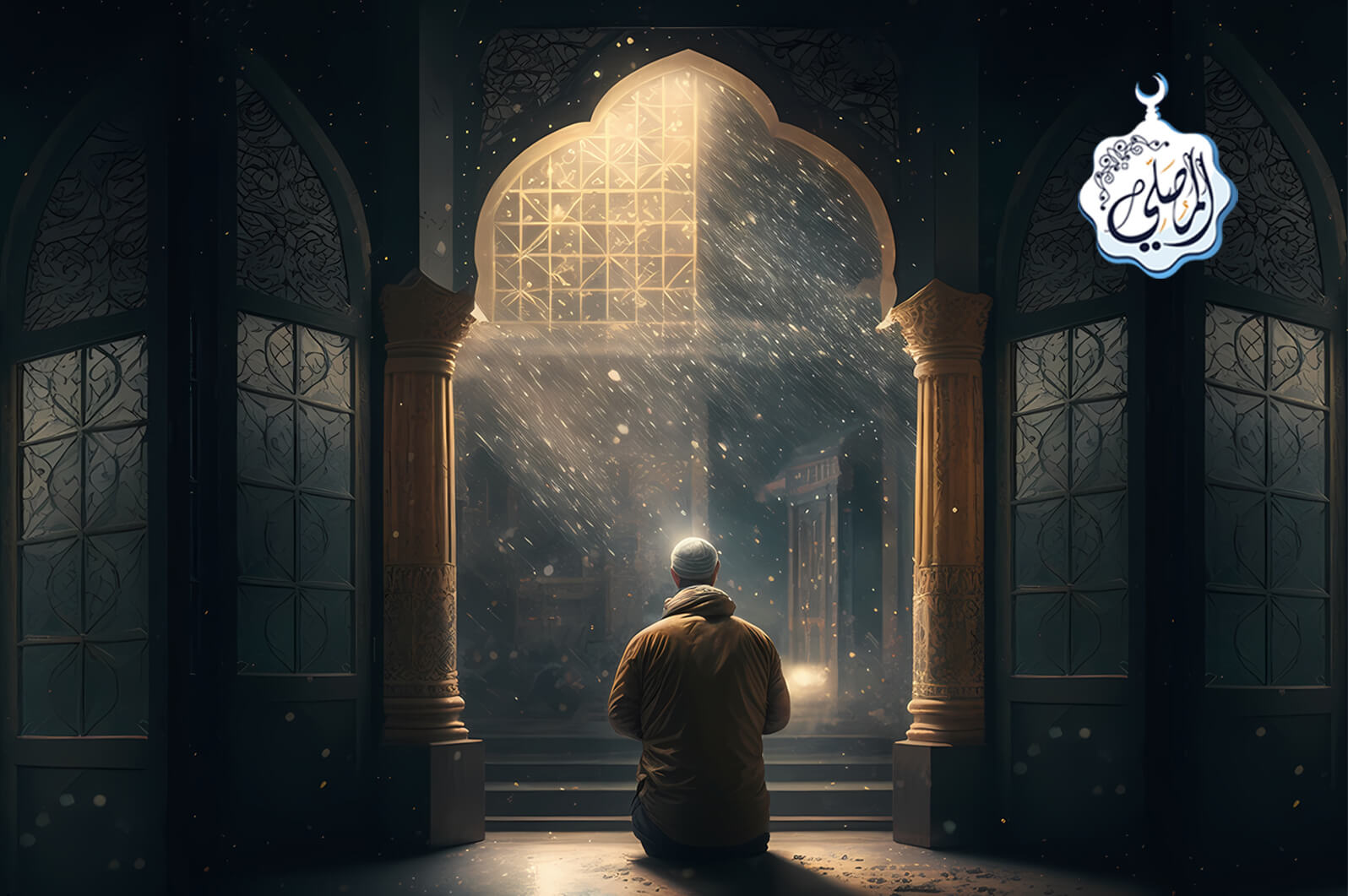
 share facebook
share facebook share whatsApp
share whatsApp share twitter
share twitter share telegram
share telegram copy
copy